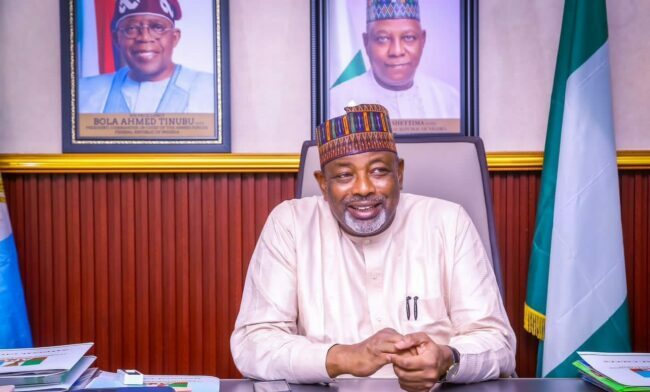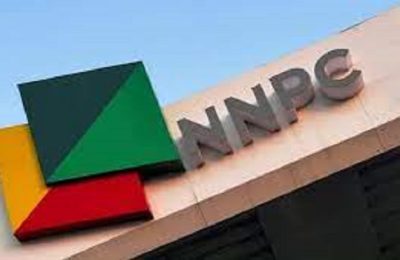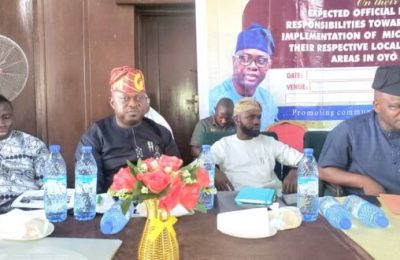The Minister of Agriculture and Food Security, Senator Abubakar Kyari, has harped on the importance of improving agricultural extension services to boost food security and improve the livelihoods of smallholder farmers in the country.
Kyari took this stand at the opening ceremony of the National Agricultural Extension Service Impact-sharing Workshop hosted by the USAID Agricultural Extension Activity and the Federal Ministry of Agriculture and Food Security.
The Minister who was represented by the Director, Federal Department of Agricultural Extension Services, Dr. Deola Tayo Lordbanjou, noted that the event presents a platform for sharing successes and lessons learned from the pluralistic extension service delivery approaches developed through a collaboration between the Federal Department of Extension and USAID’s Feed the Future Nigeria Agricultural Extension Activity.

According to him, the partnership has led to significant improvements in extension and advisory services, which are crucial for increasing the productivity and income of Nigeria’s smallholder farmers.
Kyari further noted that since 2020, the collaboration has introduced market-aligned business solutions and integrated private extension delivery approaches into the national agricultural extension policy, benefiting over 311 micro, small, and medium enterprises (MSMEs) that support smallholder farmers.
He however, pointed out that these efforts have resulted in improved production practices and digital extension initiatives that enhance the capacity of Agricultural Development Programmes (ADP) and state ministries of agriculture.
The initiative according to the Minister has also created jobs for youth and women while boosting farmers’ access to markets.

In his remarks, Director of Winrock International, Jean Pierre Rousseau enumerated the crucial role of micro, small, and medium enterprises (MSMEs) in transforming Nigeria’s agricultural extension services.
He acknowledged the challenges in designing an initiative to deliver impactful services to over 2 million smallholder farmers across seven states—Benue, Cross River, Delta, Ebonyi, Kaduna, Kebbi, and Niger.
Rousseau further emphasised the difficulty of achieving food sufficiency in Nigeria, given the current extension system where one agent is expected to serve 10,000 farmers.
He however, commended the country’s entrepreneurial spirit, noting that this has been harnessed to create a transformative solution through the Extension Activity in partnership with the Federal Department of Agriculture Extension.
“We now have over 311 MSMEs serving as change agents, bringing innovation, information, and productivity-enhancing inputs directly to the doorstep of smallholder farmers,” Rousseau stated. He emphasized that these MSMEs have proven the catalytic impact of private sector-driven extension services on national food security”, he noted.
According to Rousseau, the MSMEs have successfully turned agricultural extension services into a viable business, showcasing the economic and social benefits of private sector investment in smallholder service provision. He highlighted that these enterprises have demonstrated how linking on-farm services with market opportunities can increase both profitability and productivity for farmers.
Also, the Chief of Party for USAID’s Feed the Future programme, Dr. Ben Odoemena, highlighted the initiative’s focus on sustainability.
Odoemena noted that the partnership seeks to expand access to advanced agricultural technologies across several states, encouraging learning and the adoption of successful agricultural models.”
ALSO READ THESE TOP STORIES FROM NIGERIAN TRIBUNE
JUST IN: Tinubu nominates Bianca Odumegu-Ojukwu, Yilwatda, five others as Ministers







